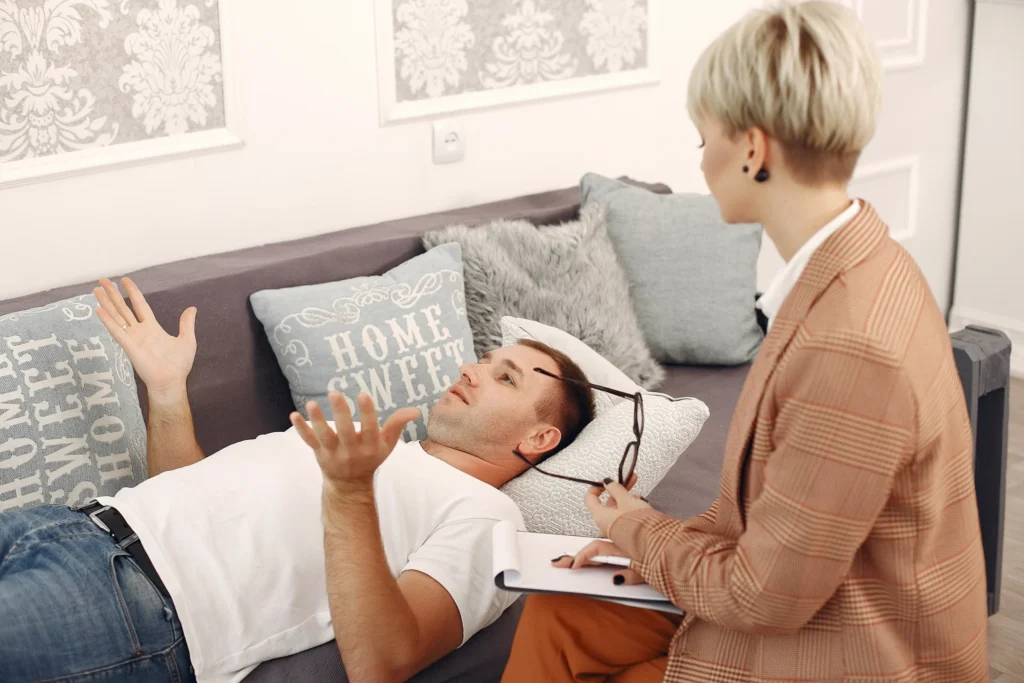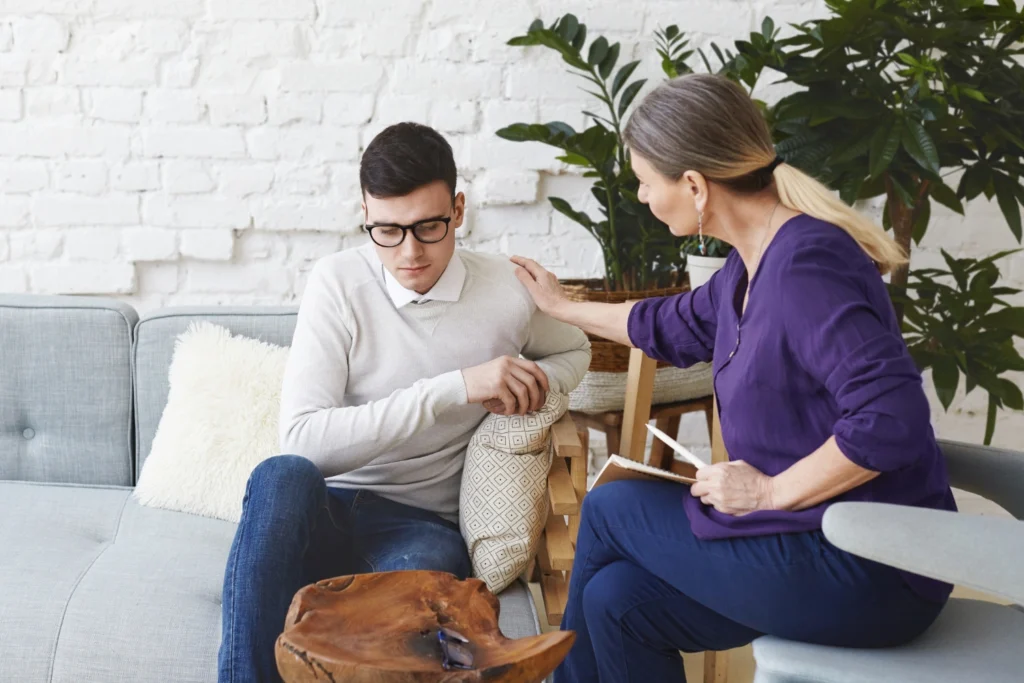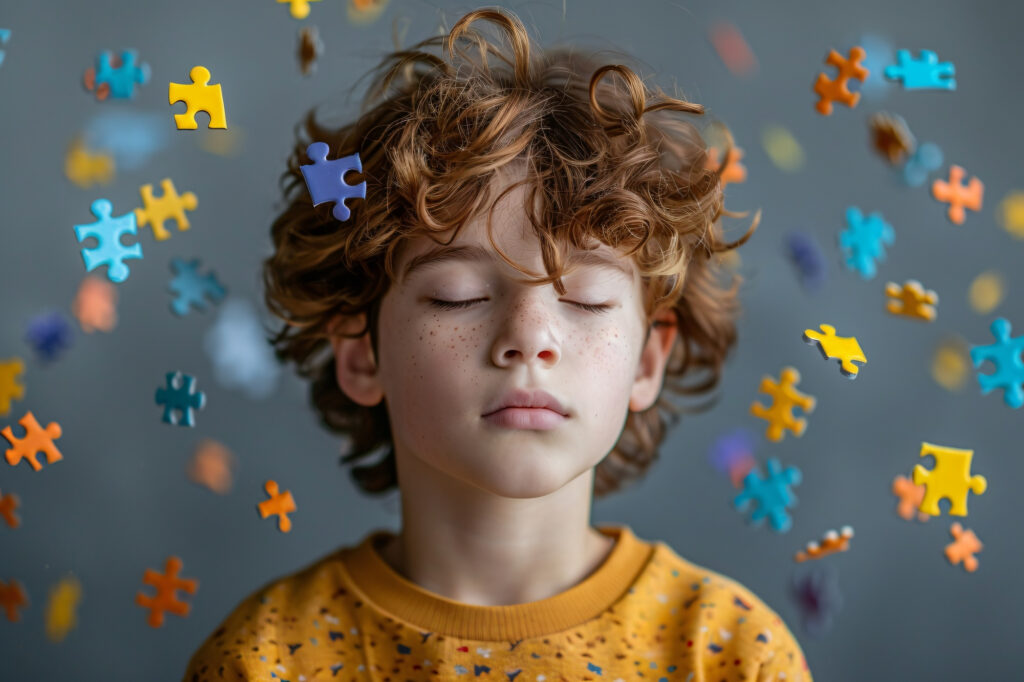ADHD in Adults: Effective Treatments That Work

The Storm You’ve Been Silently Managing It’s not just forgetfulness. It’s missing deadlines at work, zoning out during important conversations, misplacing keys for the third time today, and feeling like your brain is racing even when you’re trying to sleep. ADHD in adults often hides behind phrases like “I’m just disorganized,” or “I’m overwhelmed.” But […]
Treatment and Therapy for ADHD: What Are Your Options?

You’re not lazy. You’re not broken. You’re battling something real, and exhausting. Whether it’s the constant forgetfulness, the inability to sit still, or the frustrating mix of underachieving despite intelligence, ADHD doesn’t just mess with your schedule. It can impact your job, your relationships, and most of all, your self-esteem. If you or someone you […]
OCD Symptoms in Women: What to Look For and How to Manage Them

Have you ever felt like your thoughts are betraying you, looping, repeating, haunting you with “what ifs” you can’t shut off? Maybe you’ve found yourself checking, re-checking, cleaning, or worrying in ways that even you know aren’t logical, but still feel utterly necessary. If you’re a woman going through this silent battle, you’re not alone. […]
Breaking Barriers: Effective Communication with Those with Paranoid Personality Disorder

At Relevance Recovery, we understand how tough it can be when someone you care about struggles with Paranoid Personality Disorder (PPD). Trust issues, constant suspicion, and emotional distance can take a toll—not only on the individual but also on those around them. This isn’t just about communication; it’s about mental health, relationships, and healing. We […]
7 Effective Strategies to Support Teenagers Dealing with Social Anxiety

Watching your teenager struggle with social anxiety can be heartbreaking. They might feel overwhelmed in social settings, avoid school events, or isolate themselves from friends and family. As a parent or caregiver, you want nothing more than to see them thrive, but sometimes, it feels like you don’t know how to help. At Relevance Recovery, […]
Uncovering the Contradiction: Can Extroverts Experience Social Anxiety?

It may seem impossible, even contradictory. Extroverts: those people who seem to thrive in social settings, who are always the life of the party, struggling with social anxiety. It doesn’t make sense, right? But the truth is, can extroverts have social anxiety? Yes, and it’s more common than you might think. Social anxiety can affect […]
The Power of Object Permanence: Nurturing Strong ADHD Relationships

Do you ever feel like your partner with ADHD forgets about you the moment you’re not around?Does it seem like they love you deeply one day and feel distant the next?If so, you’re not alone. Many people in relationships with ADHD partners experience this emotional disconnect.But here’s the truth: it’s not about a lack of […]
Out of Sight, Out of Mind? Understanding Object Permanence in ADHD

You call your child’s name, but they don’t respond. You remind them about their homework, but they act as if they never heard you. Their toys, books, and even school assignments disappear the moment they are out of sight. It can feel frustrating, confusing, and sometimes overwhelming. But here’s the truth: it’s not about carelessness […]
How to Stop Racing Thoughts at Night | Sleep Peacefully Tonight

You’re exhausted. Your body is begging for rest, but your mind has other plans. It starts running through every worry, every mistake, every unfinished task. The silence of the night makes your thoughts louder, and no matter how hard you try, they won’t stop. You toss and turn, staring at the ceiling, wondering: Why can’t […]
Unlocking Calm: Conquering Anxiety and Racing Thoughts for a Peaceful Mind

When you try to relax, your thoughts won’t slow down. One worry leads to another, and your brain jumps from past regret to future fears, making it impossible to focus, rest, or feel at peace. You are exhausted, but your mind refuses to give you a break. This cycle of anxiety and racing thoughts can […]
